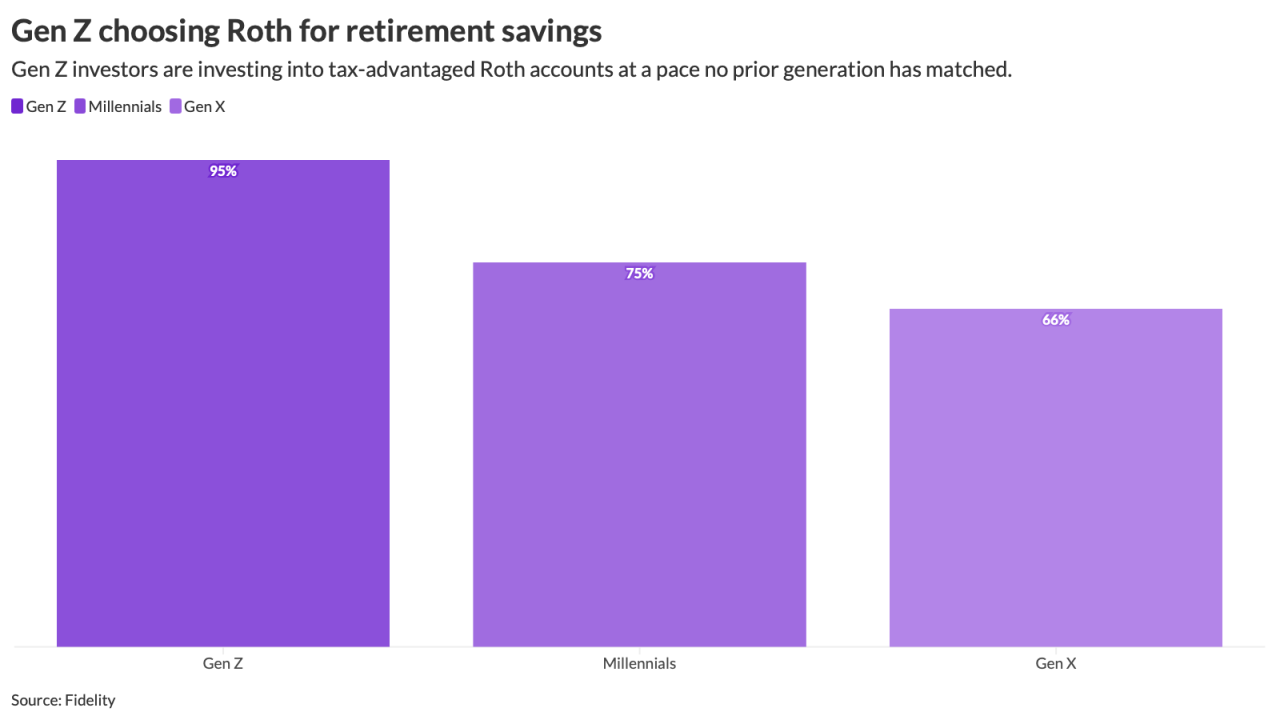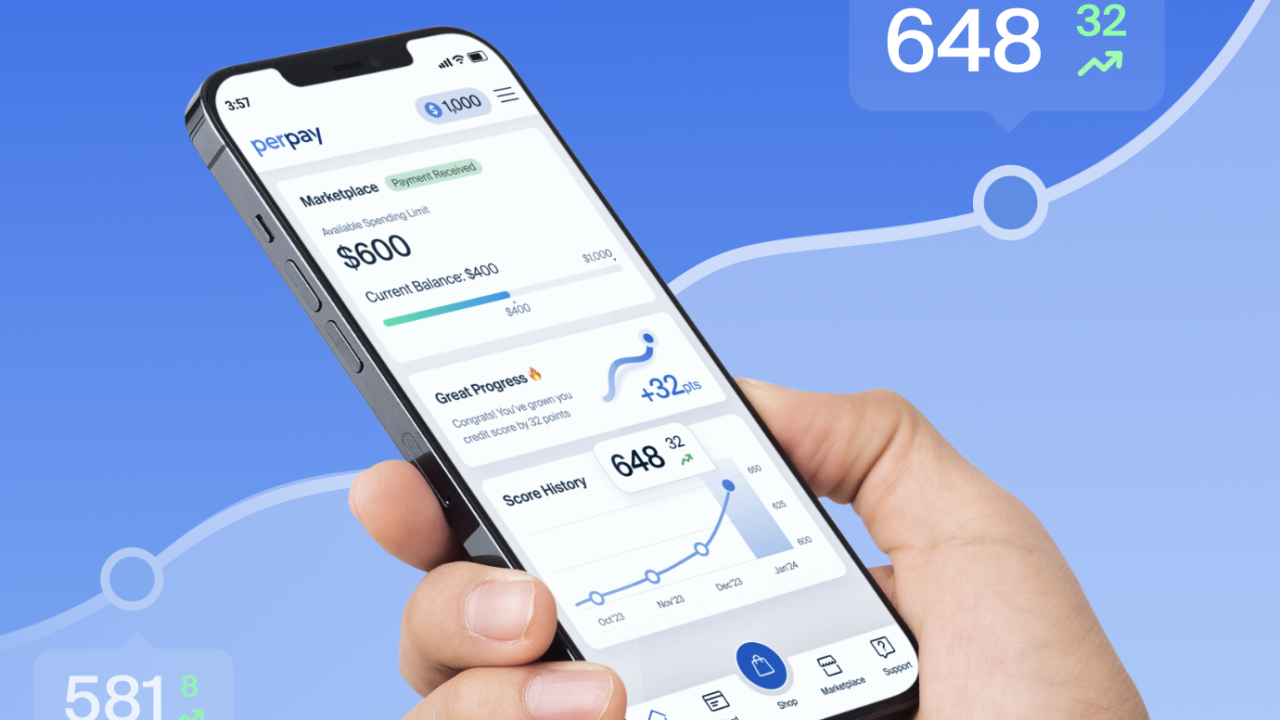Have you started planning your 2017 401(k) employee education sessions? Generally, most plan sponsors conduct employee education sessions during the early part of the new year to explain changes that went into effect on Jan. 1. As you think about your 2017 sessions, keep the following employee education best practices in mind.

Best practices
· Offer financial wellness education, too. Three-quarters of mid- to large-size companies, according to Aon Hewitt, will offer some sort of financial wellness education by the end of 2016. Aon Hewitt also indicated that half of all employers, regardless of size, held a financial wellness education program in 2016. Experts agree that the most important employee wellness component is financial wellness. If you don’t offer financial wellness education now, consider starting a program in 2017.
· Address the most important financial wellness topics. Research from Aon Hewitt shows that the most popular topics are budgeting, debt reduction, health care (especially
· Stick with education, not counseling. A lot of employers have found that financial wellness counseling resulted in added liability for their companies when counselors pushed their own products, especially to their executive group. Hire educators, not counselors. Let your employees find investment advice and products on their own.
· Marry financial wellness education to your 401(k) employee education. If you aren't running a financial wellness education program now in concert with your 401(k) employee education sessions, consider linking them in 2017. Many employers have found that the two education programs work well together.
· Include behavioral finance elements.
· Incorporate retirement readiness concepts. Your employees should understand your 401(k) plan responsibilities as an
· Correct plan misperceptions. Many 401(k) plans were created with generous loan and withdrawal features and sold to employees as good places to save for a down payment on a home, a child’s college education, etc. Research has shown that participants aren’t contributing nearly enough to fund their retirements, much less down payments on homes, college educations, etc. Your employee education sessions should strongly discourage use of your 401(k) plan for anything other than retirement savings.
· Caution against loans and withdraws. Studies have shown that 1 in 5 participants have a loan, which means that many employees are using their retirement accounts as piggy banks. It is never a good financial decision for participants to take plan
· Discuss your company match. Most 401(k) plans have a sizeable employee population that still does not contribute enough to receive the maximum employer matching contribution. Recent research shows that participants left $24 billion in company matching funds unclaimed because they didn’t save enough to receive a full match. Your employee education sessions should stress that this is the best investment any participant can make. If they do nothing else, participants should contribute enough to receive the maximum company match.
Determining your educational format
Many employers have found that the best way to educate millennials is via their phones.
Deciding who will provide services
Many investment advisers have the capability within their organizations to address your 401(k) employee education needs. Most are not as adept at addressing financial wellness concepts. For help in locating the right financial wellness provider, consider referencing the
Review and update your employee education strategy today.





